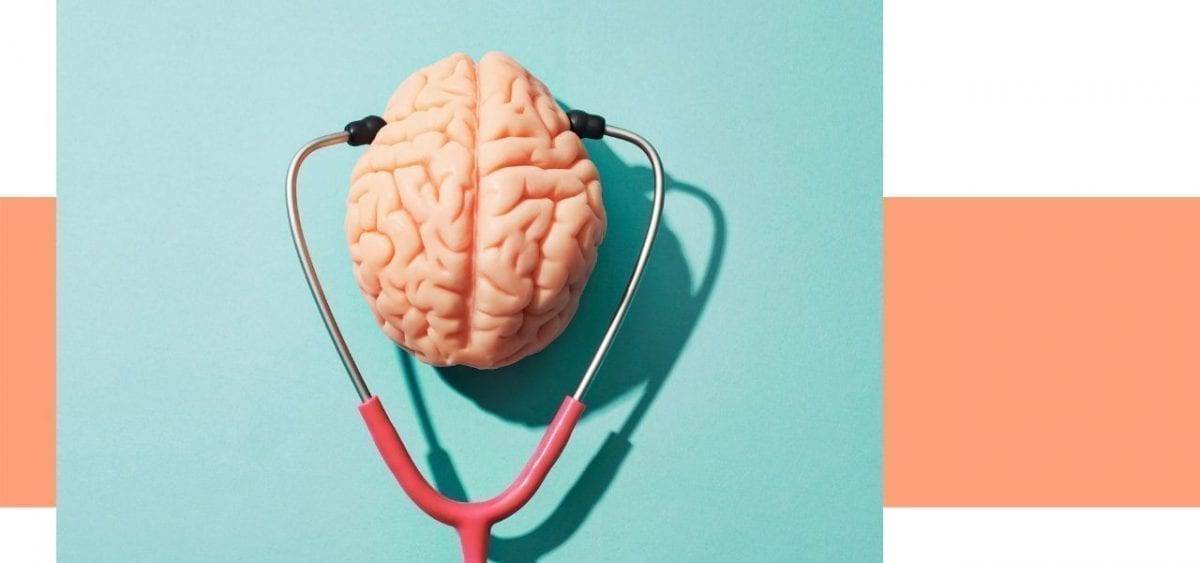Published 16 September 2024
-
Written by The Hormona Team

Reviewed by Dr. Abhinav Singh
Fact checking standards
Key takeaways
Here at Hormona we are taking your through a guide to understanding what holistic health. As covered in our first article here, holistic health can be broken down into five areas, spheres or dimensions and today we’re covering the mental aspect of holistic health.
These are:
• Physical
• Mental
• Emotional
• Social
• Spiritual
The holistic approach considers all five of these areas, with the idea being that when all five are balanced, we are at our peak health. When one falls, often others will to. We might not always consider the mental aspect as something we can do much about, but we can. Our mental and emotional aspects are very closely linked, but the mental area is still an independent part that requires as much care as the rest. If you’ve ever struggled with memory, concentration or focus, you might need to give a little bit of love back to your brain.
What is the mental area of holistic health?
Sometimes also refereed to as the intellectual aspect, the mental aspect of holistic health is very much what is says on the tin. It’s the brain and how we use it; how we take care of cognitive abilities and brain function. The brain, of course, being integral to rest of us. Strongly connected to our emotions and wellbeing, taking care of mental health goes beyond mindfulness, when we consider the brain itself needs taking care of.
So, how exactly do we do that?
Learning
We never really stop learning and any form of it, learning an instrument or a language, doing a course, watching a documentary, does wonders for the brain. When we learn, we are challenging our brain, improving our memory and processing skills and generally ‘harnessing’ brain plasticity. Our brain, when we learn and practice, increases the number of synapses between neurons, meaning information is sent and received faster. The brain can also restructure its neurons and make new neural pathways.
Problem Solving
Whether its Sudoku, cross words, outdoor problem solving or assembling a new Ikea bookshelf; problem solving challenges the brain and keeps it active. The more we use it, the better it gets.
Diet
The things we put into our body are essential. And feeding the brain is something many of us don’t ever really think about. By including food in our diet that is rich in omega-3 fatty acids, high in antioxidants and dense in nutrients, we can keep it healthy and functioning properly. If our brain doesn’t work well, the rest of us doesn’t have much of a chance. Similarly, excessive smoking and drinking or drug usage can lead to a notable decrease in our cognitive functions. Stay balanced and varied to keep your brain at top health.
Sleep
We’ve mentioned the importance for a good sleep schedule for your physical health but getting a good night’s kip is essential for your mental health too. One study suggests that when we sleep, our brain clears out the toxins that are built up during the day. Sleeping well, eight hours folks, improves our memory and concentration and overall cognitive functions. This keeps our brain healthy as well as all the other wonderful things it does. Including, I think we can all agree, just being in bed which is pretty nice.
Alternative Mental Practices
By keeping our brain challenged, learning, healthy and well rested, we can look after our mental aspect in balance with the other four. But to keep your brain at optimal health, there are other practices or traditional medicines, often more associated with holistic health, that you can try. These include aromatherapy, hypnotherapy, massage, art therapy and specific foods or teas that look after brain function.
It doesn’t take much to keep the brain healthy. Sleep well, drink water, eat some fish and learn something new to keep your mental aspect in balance.
Disclaimer: This website does not provide medical advice. The information, including but not limited to, text, graphics, images, and other material contained on this website is for informational purposes only. No material on this site is intended to be a substitute for professional medical advice, diagnosis, or treatment. Always seek the advice of your physician or other qualified healthcare provider with any questions you may have regarding a medical condition or treatment and before undertaking a new healthcare regimen, and never disregard professional medical advice or delay in seeking it because of something you have read on this website.
Written by
The Hormona Team
Reviewed by

Dr. Abhinav Singh
Dr Singh is the Medical Director of the Indiana Sleep Center. His research and clinical practice focuses on the myriad of sleep.





